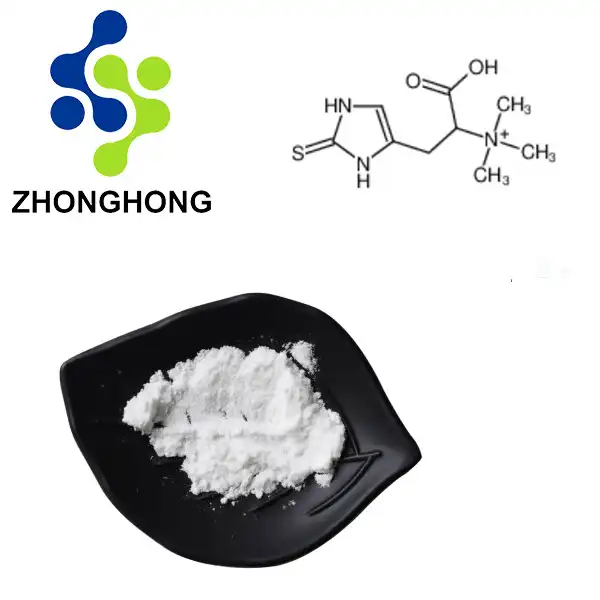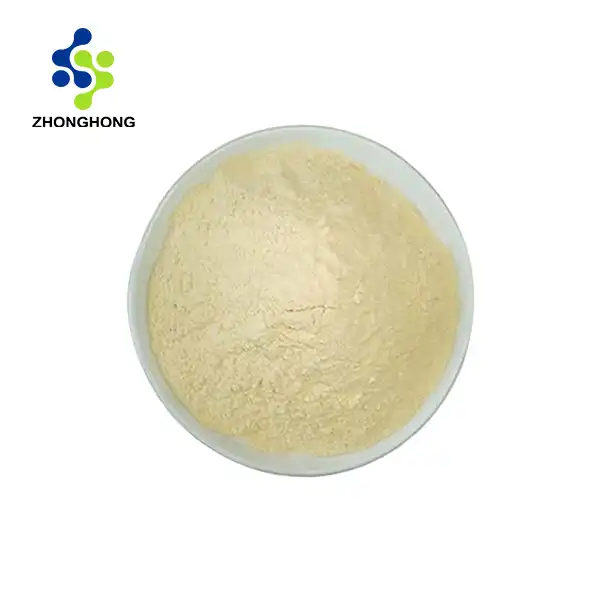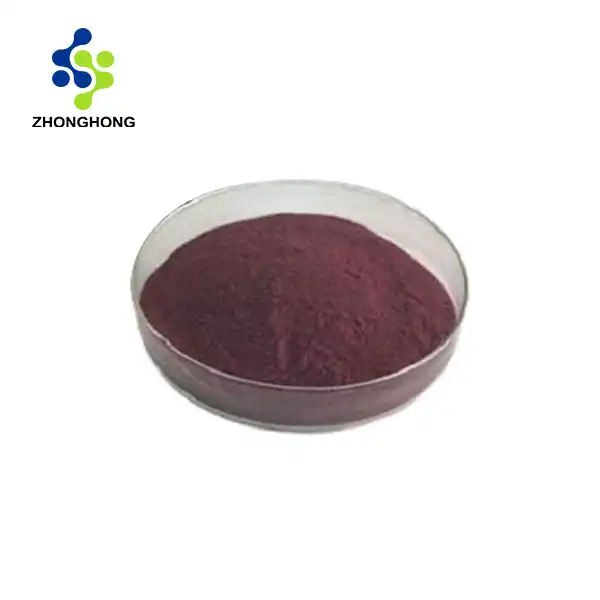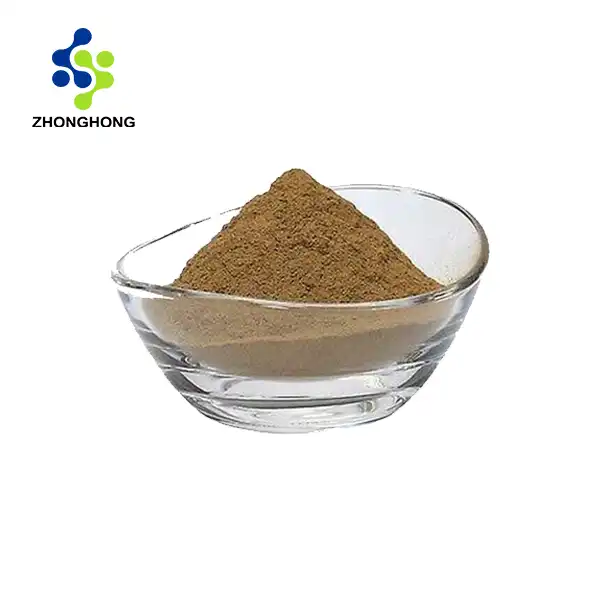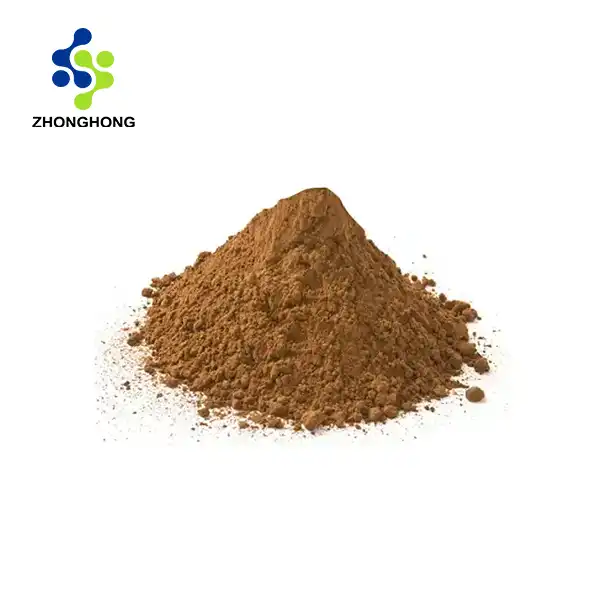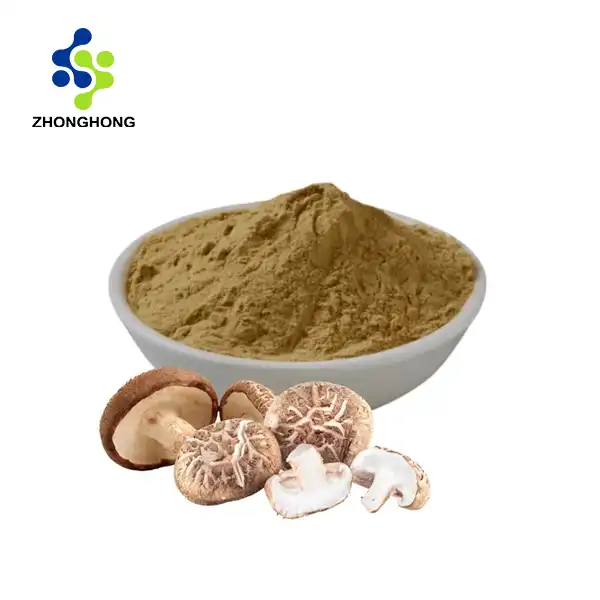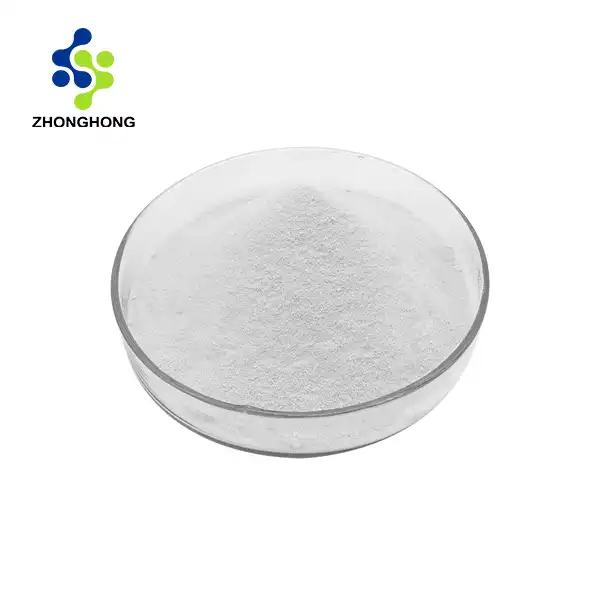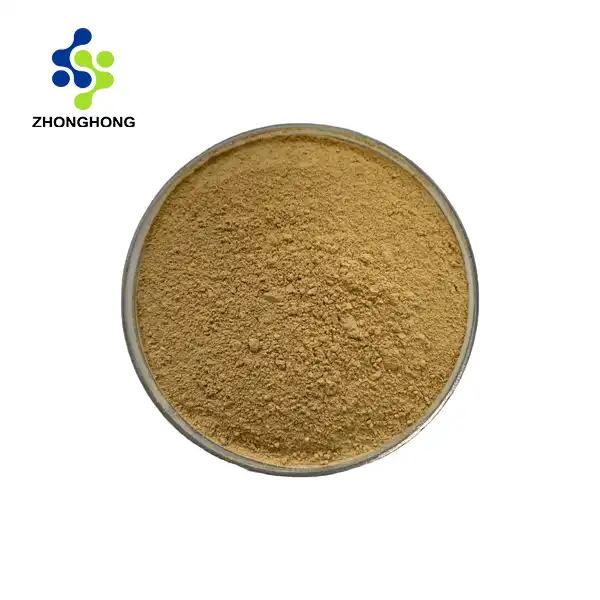What Is Creatine Monohydrate and How Does It Work?
The Science Behind Creatine
Creatine monohydrate is a naturally occurring compound found in small amounts in certain foods and synthesized by the body. It plays a crucial role in energy production within our cells, particularly in muscle tissue. The primary function of creatine is to help regenerate adenosine triphosphate (ATP), the primary energy currency of cells. During high-intensity, short-duration activities like weightlifting or sprinting, creatine phosphate rapidly donates a phosphate group to ADP (adenosine diphosphate) to form ATP, providing an immediate source of energy for muscle contractions.
Creatine's Mechanism of Action
When you supplement with creatine monohydrate, you increase the creatine stores in your muscles. This elevated creatine content enhances your body's ability to produce ATP quickly, leading to improved performance during high-intensity activities. Additionally, creatine draws water into muscle cells, causing a phenomenon known as cell volumization. This increased cellular hydration may contribute to protein synthesis and muscle growth.
Types of Creatine Supplements
While several forms of creatine supplements exist, creatine monohydrate remains the most extensively studied and widely used. It consists of a creatine molecule bound to a water molecule, making it highly stable and bioavailable. Other forms, such as creatine ethyl ester or buffered creatine, have been introduced but have not shown superior benefits compared to the monohydrate form. The effectiveness and affordability of creatine monohydrate make it the preferred choice for most users.
Top Benefits of Creatine for Muscle Growth
Enhanced Muscle Strength and Power
One of the primary benefits of creatine supplementation is its ability to increase muscle strength and power output. By boosting ATP production, creatine allows muscles to generate more force during high-intensity, short-duration activities. This translates to improved performance in weightlifting, sprinting, and other explosive movements. Studies have consistently shown that creatine supplementation can lead to significant increases in maximal strength and power, with some research reporting strength gains of up to 15% in just a few weeks of supplementation combined with resistance training.
Accelerated Muscle Growth
Creatine monohydrate has been shown to promote muscle hypertrophy through various mechanisms. The increased cellular hydration caused by creatine uptake may stimulate protein synthesis and reduce protein breakdown. Additionally, creatine enhances the body's ability to perform high-volume resistance training, which is crucial for muscle growth. Over time, this increased training capacity, combined with creatine's anabolic properties, can lead to greater muscle mass gains compared to training without supplementation.
Improved Recovery and Reduced Muscle Damage
Another significant benefit of creatine is its potential to enhance recovery and reduce exercise-induced muscle damage. By maintaining higher levels of phosphocreatine in muscle cells, creatine may help buffer lactic acid accumulation during intense exercise, potentially reducing muscle fatigue and soreness. Some studies have also suggested that creatine supplementation may have anti-inflammatory properties, further aiding in recovery and reducing the risk of overtraining.
How to Use Creatine for Maximum Results?
Optimal Dosage and Timing
To maximize the benefits of creatine monohydrate, it's essential to follow proper dosing protocols. The most common and effective method involves a loading phase followed by a maintenance phase. During the loading phase, which typically lasts 5-7 days, you consume 20-25 grams of creatine per day, divided into 4-5 equal doses. This rapidly saturates your muscle creatine stores. After the loading phase, a maintenance dose of 3-5 grams per day is sufficient to maintain elevated creatine levels. Some users opt to skip the loading phase and start with the maintenance dose, which will still lead to full saturation over time, albeit more slowly.
Combining Creatine with Other Supplements
While creatine is effective on its own, combining it with other supplements can potentially enhance its benefits. Taking creatine with a simple carbohydrate source, such as fruit juice or dextrose, may improve its absorption and uptake into muscle cells. Some studies have also shown synergistic effects when combining creatine with other ergogenic aids like beta-alanine or caffeine. However, it's important to consult with a healthcare professional before combining multiple supplements to ensure safety and effectiveness.
Potential Side Effects and Precautions
Creatine monohydrate is generally considered safe for most individuals when used as directed. However, some users may experience minor side effects such as water retention, bloating, or gastrointestinal discomfort, especially during the loading phase. These effects are typically mild and subside as the body adjusts to increased creatine levels. It's crucial to stay well-hydrated when using creatine, as it can increase water retention in muscle cells. Individuals with pre-existing kidney conditions should consult a healthcare provider before using creatine supplements, although research has not shown any adverse effects on kidney function in healthy individuals.
Conclusion
Creatine monohydrate stands out as a potent and well-researched supplement for enhancing muscle growth, strength, and athletic performance. By understanding its mechanisms and following proper usage guidelines, you can harness the full potential of this remarkable compound to support your fitness journey and achieve your goals more effectively. If you want to get more information about this product, you can contact us at liaodaohai@gmail.com.
_1728976869676.webp)
